China welcomes India's positive response to FM's remarks on bilateral ties
Tue 13 Mar 2018, 10:21:53
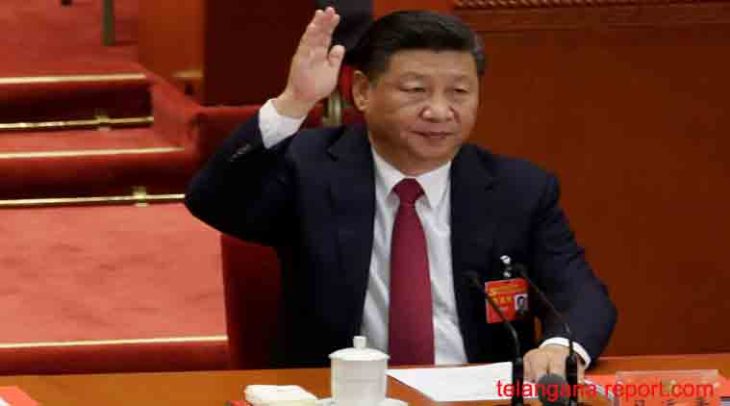
China welcomed as "positive" India's willingness to work with it to enhance political mutual trust and discuss differences on the basis of mutual respect and sensitivity to each other's interests.
Chinese Foreign Ministry spokesman Lu Kang's remarks came after India said it was willing to work with China to develop relations based on commonalities, while dealing with differences on the basis of mutual respect and sensitivity to each other's interests.
"We have noted such positive remarks by the Indian side," Lu told a media briefing here answering a question on India's response to Chinese Foreign Minister Wang Yi's recent comments on bilateral ties.
"We wish to work with the Indian side to take the important consensus between the two leaderships as guidance to improve our political mutual trust, enhance mutual beneficial cooperation, manage our differences and ensure the correct track of our relations' development," Lu said.
He said Wang elaborated on China's basic position on its relations with India.
Wang in his annual press conference had said that India and China should shed suspicion and manage differences by meeting halfway, suggesting toning down of tough Chinese posture against New Delhi after the tense Dokalam standoff.
During the meeting between Prime Minister Modi and President Xi Jinping in Xiamen
in September last year, the two leaders had agreed that sound development of relations between India and China was a factor of stability amidst today's global uncertainties, and that the two countries should not allow their differences to become disputes, he noted.
in September last year, the two leaders had agreed that sound development of relations between India and China was a factor of stability amidst today's global uncertainties, and that the two countries should not allow their differences to become disputes, he noted.
Asked how China views relations with India this year after turbulence in ties in 2017 due to a number of issues including the Dokalam standoff, Wang in his annual press conference had called for both the countries to shed confrontationist stance on issues of differences.
India-China relations underwent turbulence in 2017 amid growing discord over a host issues including the China-Pakistan Economic Corridor, China blocking efforts at the UN to list Pakistan-based Jaish-e-Mohammed chief Masood Azhar as a global terrorist as well as India's entry into the Nuclear Suppliers Group.
Beijing is also pressing New Delhi not to allow the exiled Tibetan Buddhist leader, the Dalai Lama to engage in high-profile activities aimed at "splitting" Tibet from China.
"The Chinese dragon and Indian elephant must not fight each other but dance with each other," the Chinese foriegn minister had said, adding "if China and India are united, one plus one is not equal to two but eleven".
"Despite some tests and difficulties, the China-India relationship continues to grow," Wang said.
No Comments For This Post, Be first to write a Comment.
Most viewed from Specials
Most viewed from World
AIMIM News
Latest Urdu News
Most Viewed
May 26, 2020
Which Cricket team will win the IPL 2025 trophy?
Latest Videos View All
Like Us
Home
About Us
Advertise With Us
All Polls
Epaper Archives
Privacy Policy
Contact Us
Download Etemaad App
© 2025 Etemaad Daily News, All Rights Reserved.


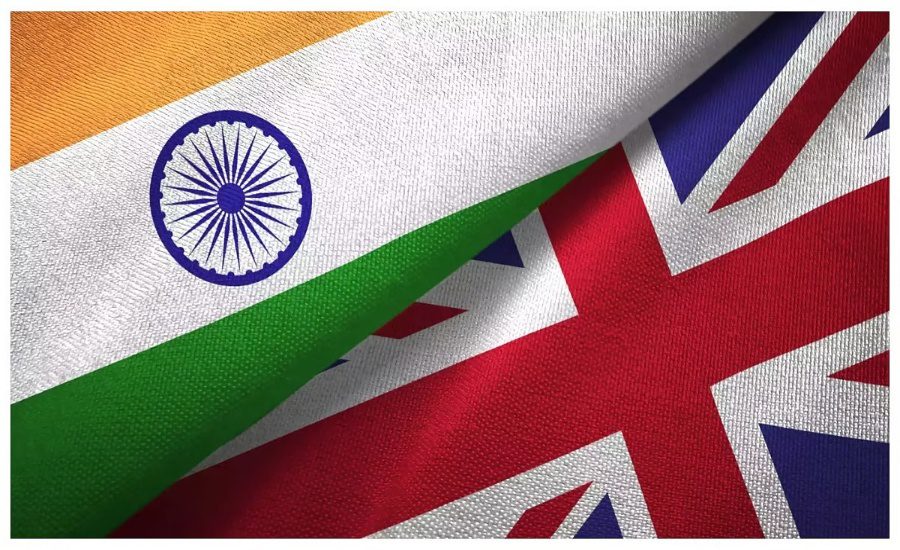
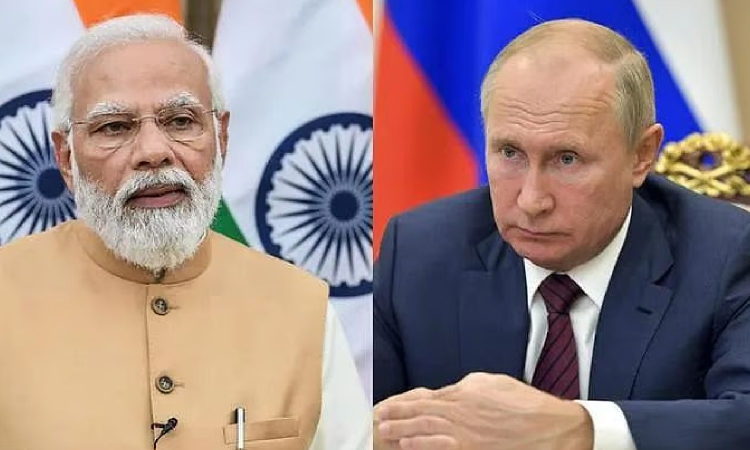
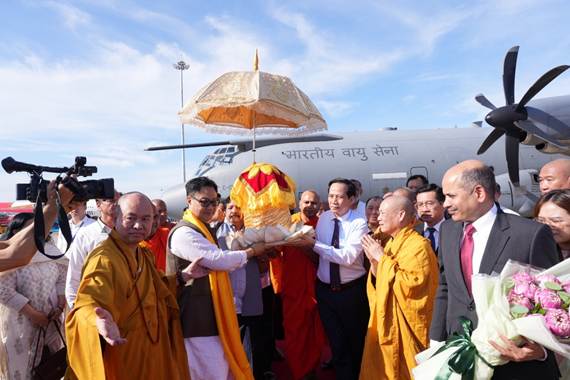
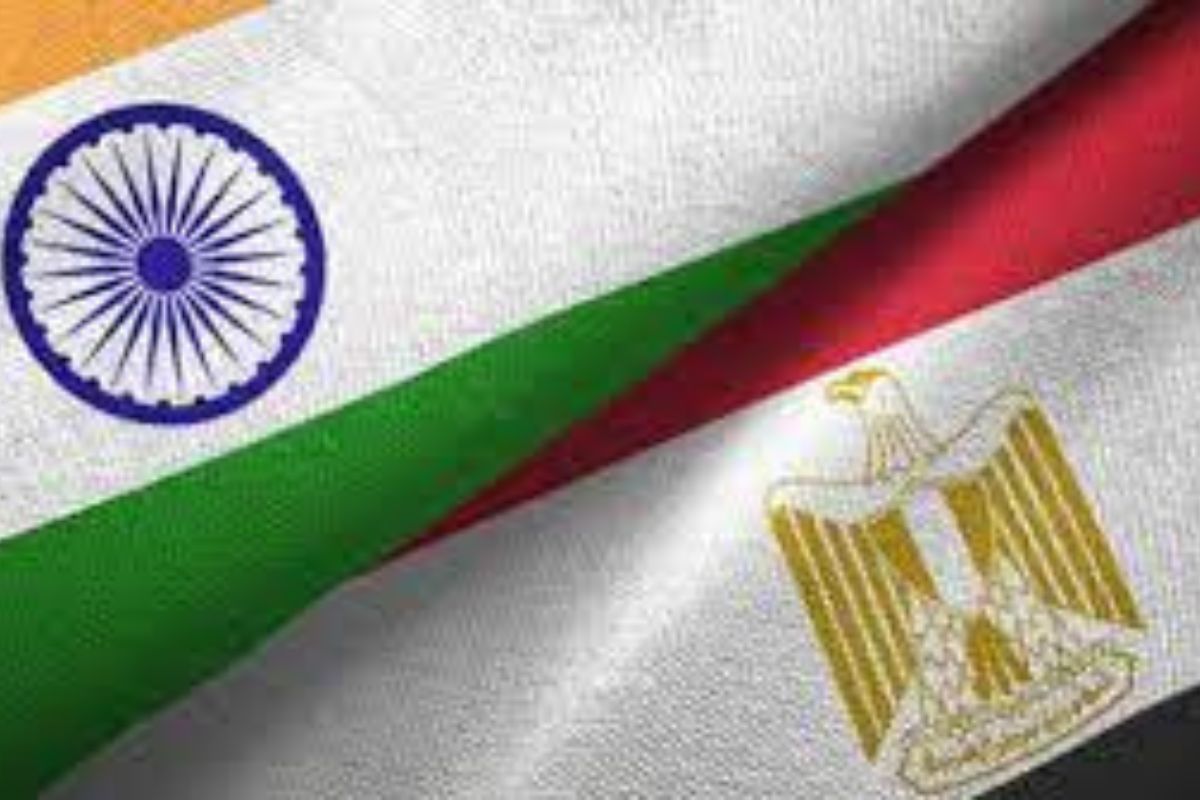
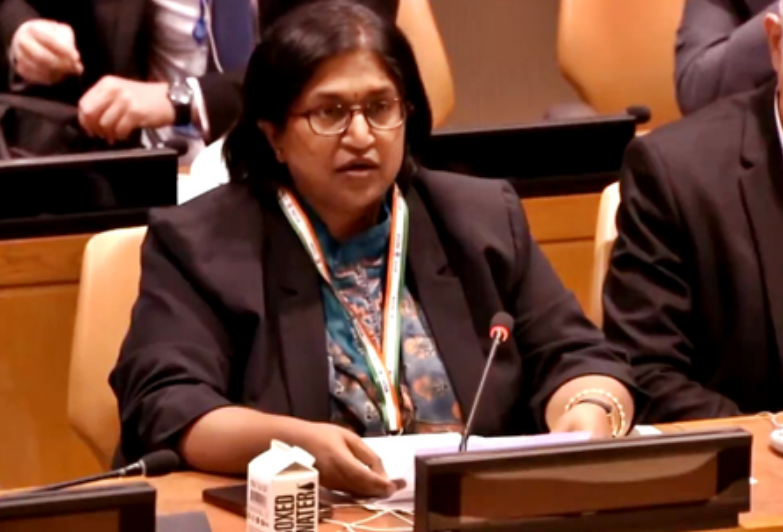
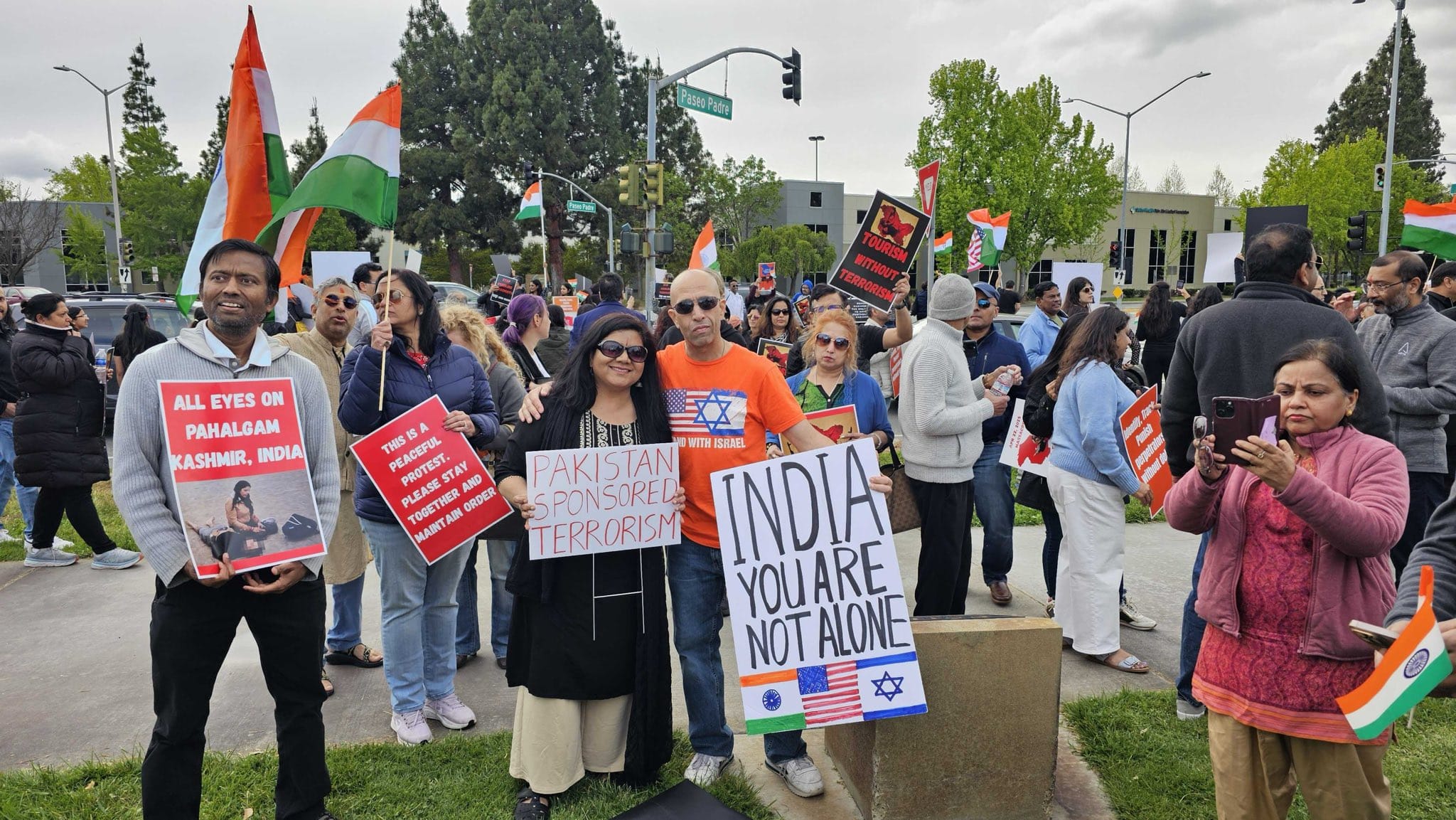
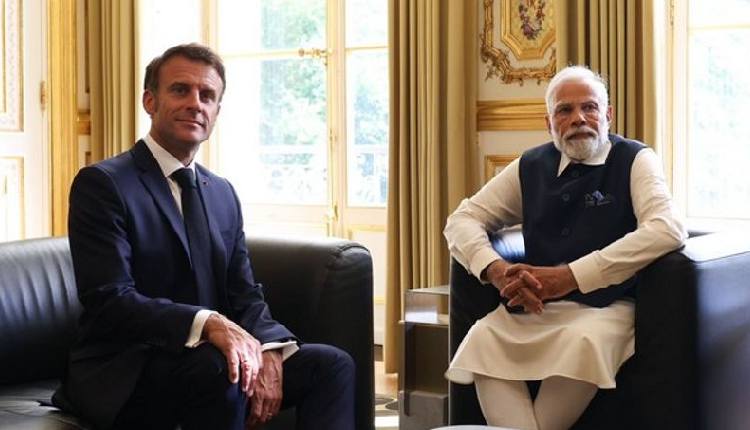
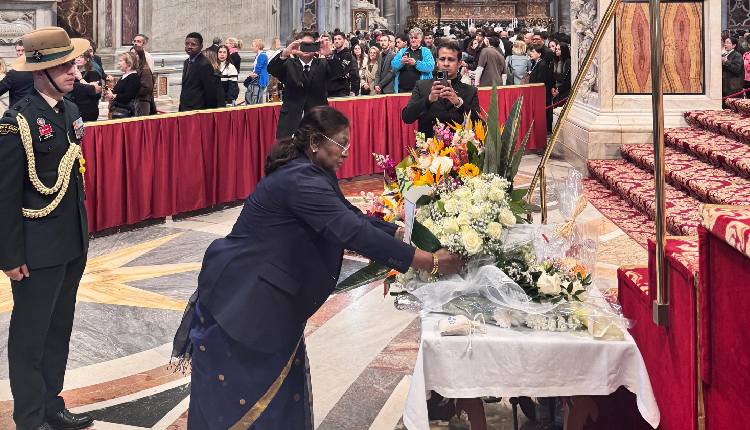
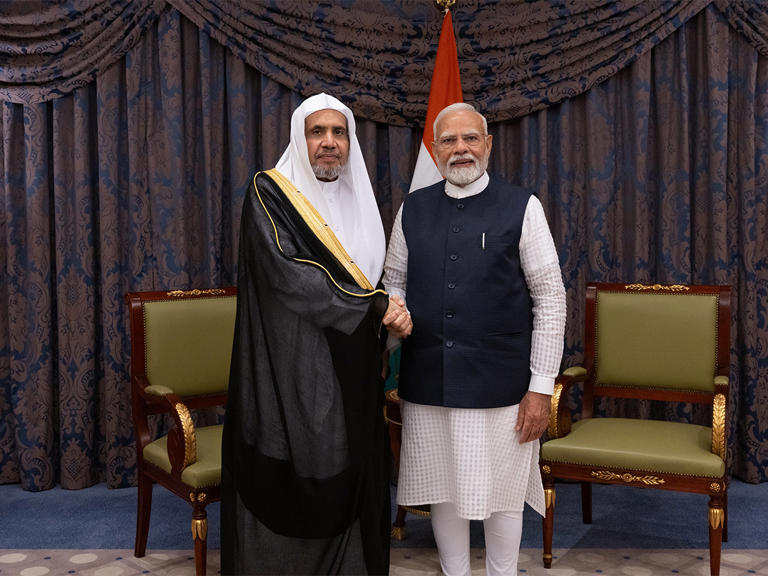
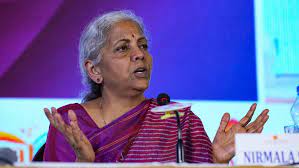
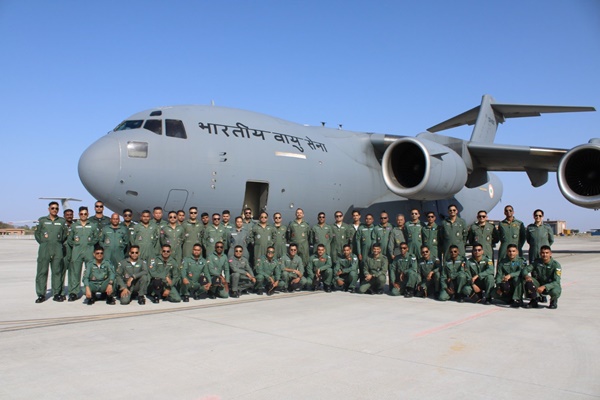
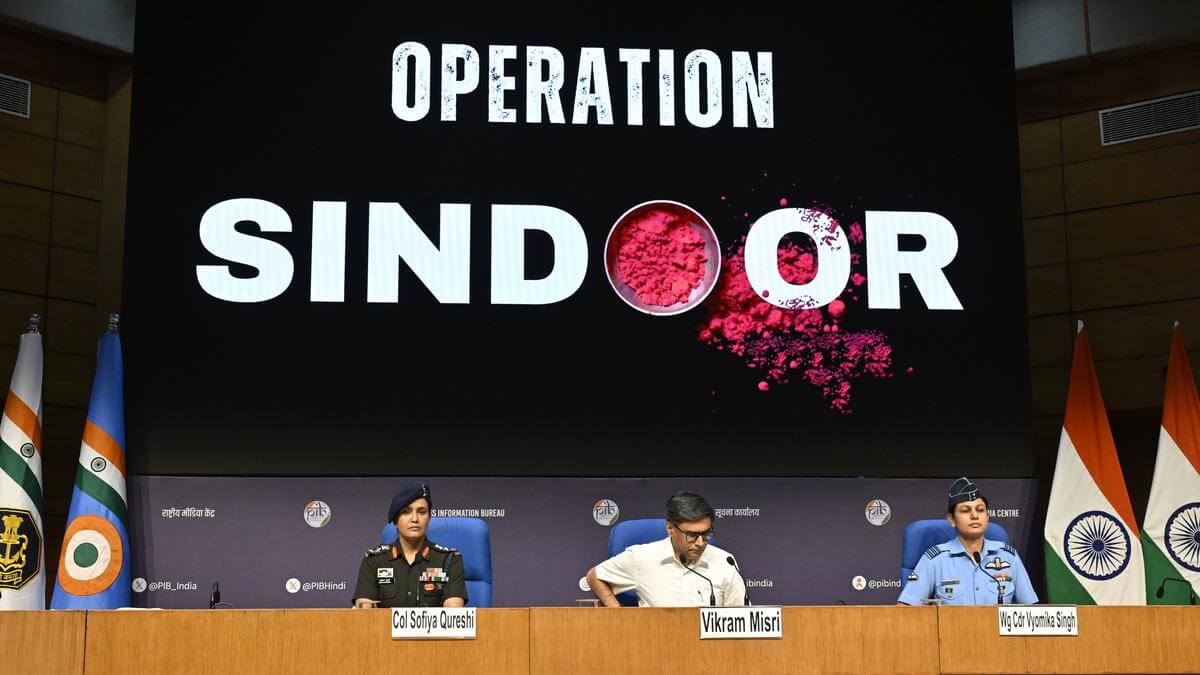
.jpg)

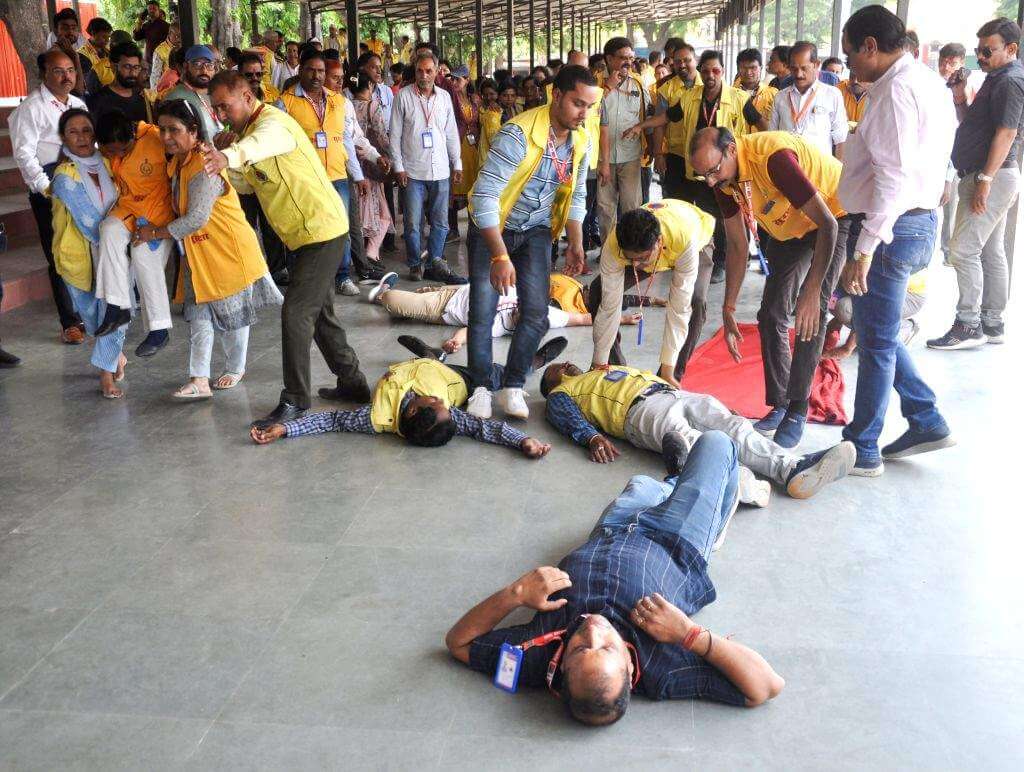
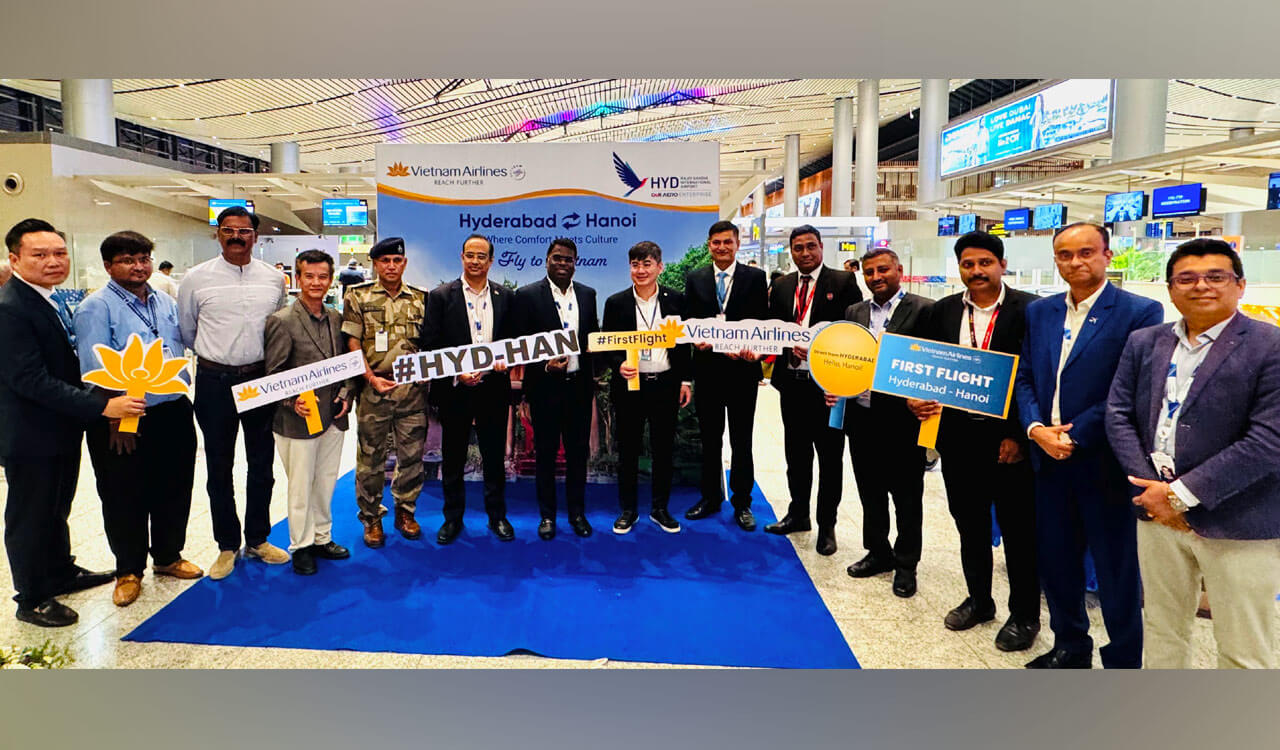
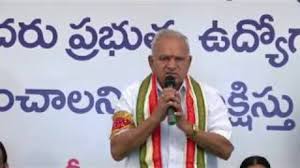


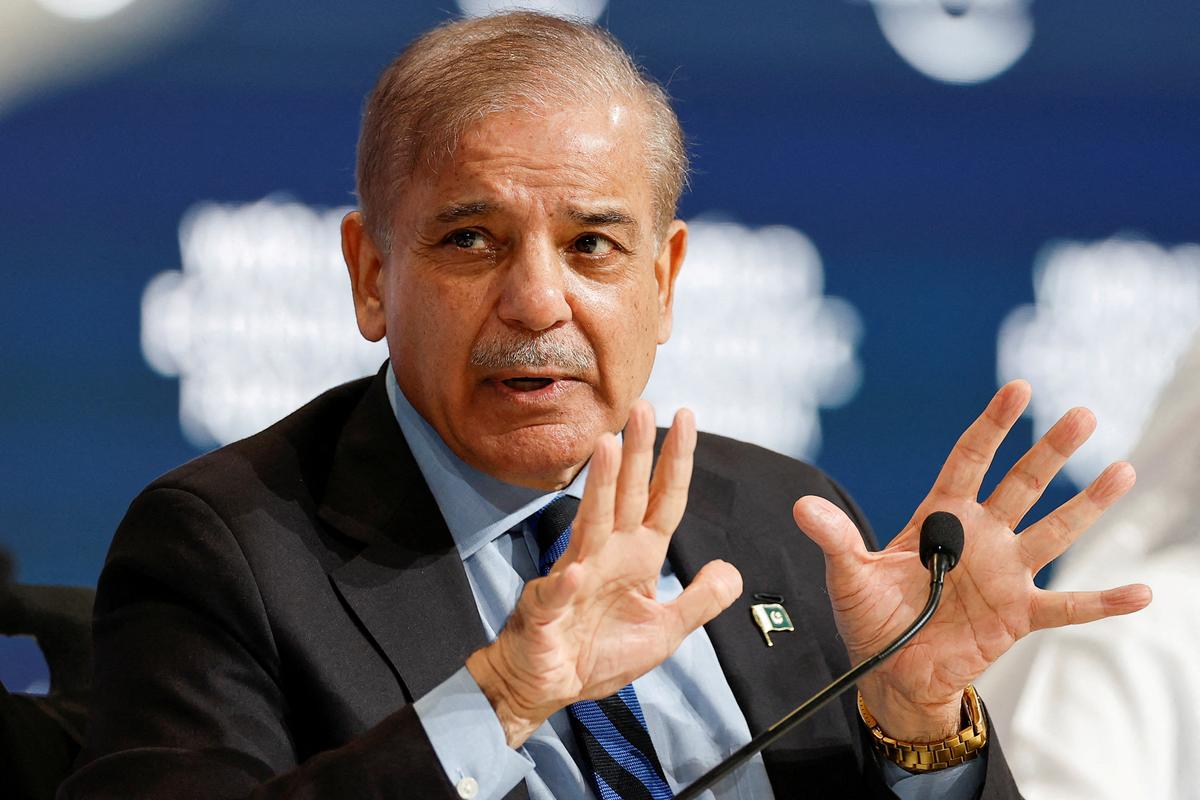

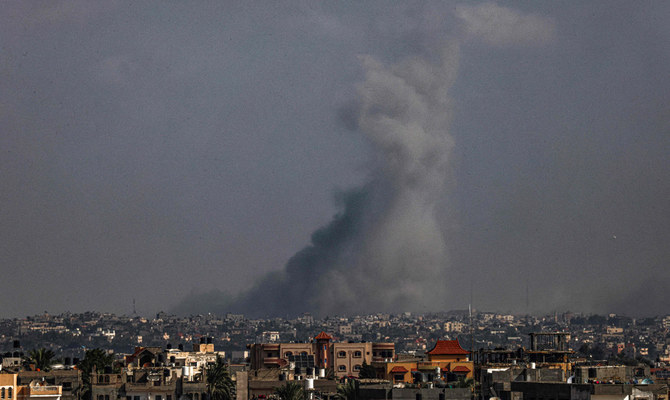
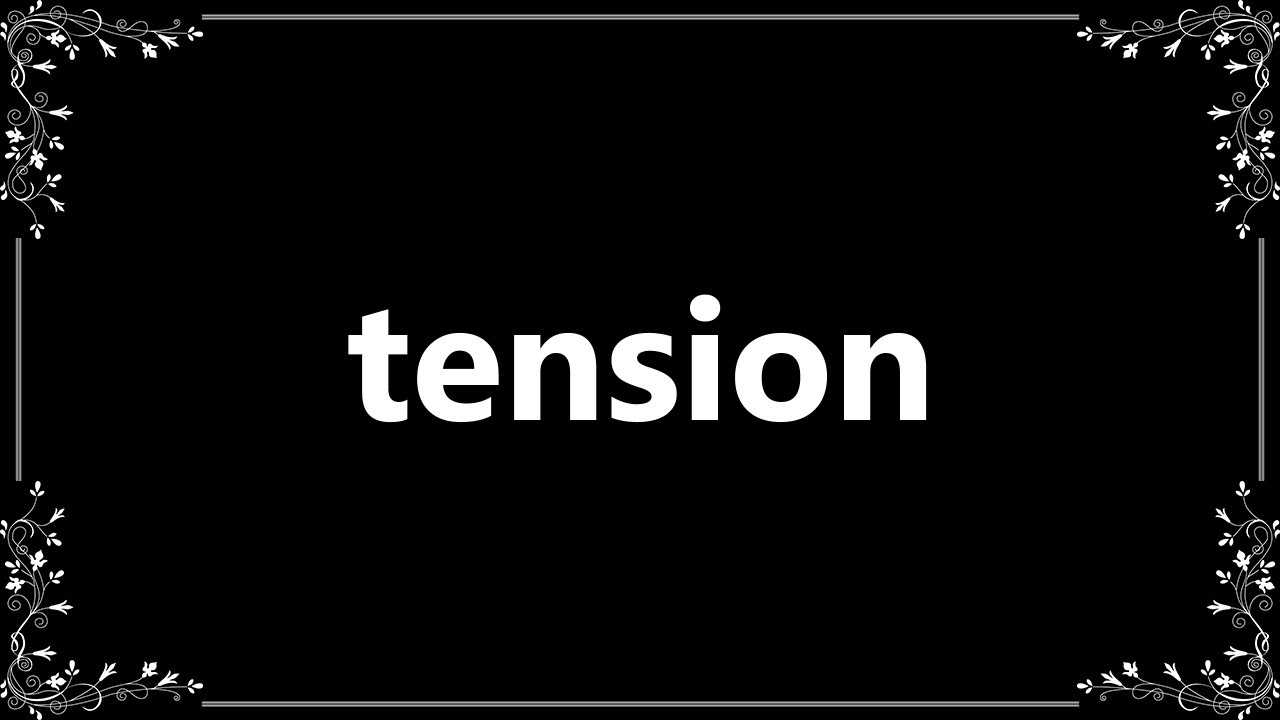




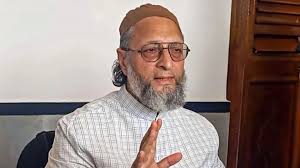







.jpg)




